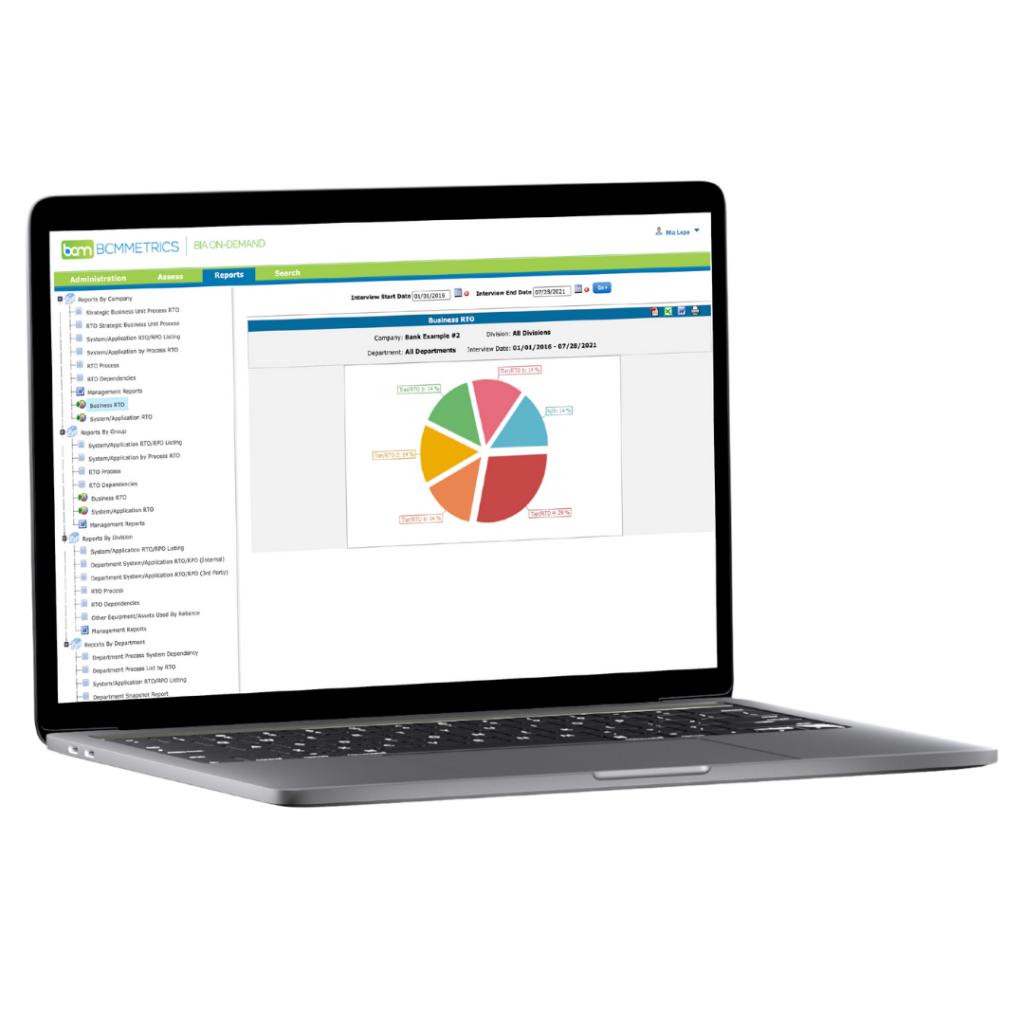Helping Your Organization Retain Its Pandemic Survival Skills

Sooner or later, the pandemic will ease up and business life will get back to something like normal. With more disease outbreaks likely in the future, it’s important that organizations not lose their hard-won pandemic survival skills.
Related on MHA Consulting: Think Your Company Has Survived a Pandemic? Think Again
Becoming Good at Pandemics
After nearly two years of dealing with COVID-19, many organizations have become “good at pandemics.” They have reached an impressive state of pandemic readiness, at least in some areas. Most organizations with large numbers of office workers have become skilled at having their staff work from home, for example.
(As I’ve written previously, the COVID-19 pandemic has not resulted in the widespread unavailability of staff, so many organizations’ ability to deal with that impact has not been tested. We are seeing some organizations struggle with staffing issues now that demand has increased, and they are trying to bring staff back or hire new people. This is more in line with a pandemic response.)
In recent weeks, the rate of new COVID infections in the U.S. has been falling. This might be another false dawn, but eventually the pandemic will ease up and some new version of normal will emerge.
However, most scientists agree that future pandemics are likely. Many scientists believe that trends such as global warming and deforestation increase the likelihood that new infectious diseases will cross from animals to humans.
If and when that happens, it would be regrettable if organizations have to do as they did in early 2020 and start from scratch in gaining pandemic fitness.
In terms of an individual’s physical fitness, it’s much easier to maintain a level of fitness than it is to get back in shape after allowing oneself to become a couch potato. It’s the same with being prepared for a pandemic as an organization.
This is why prudent organizations will make a point of remaining pandemic-ready moving forward, no matter what happens with COVID-19.
Five Ways to Remain Pandemic Ready
Here are five ways you as a business continuity management (BCM) professional can help your organization retain its pandemic survival skills into the future:
- Maintain the ability to shift quickly to a remote work model. One of the few bright sides of the current pandemic is, it has led to companies becoming very good at work from home. This will likely reduce the impact of many different kinds of outages and events moving forward. To stay pandemic-proof, organizations need to maintain this hard-won skill even after large numbers of employees return to the office. This means keeping training and technology up to date and performing regular exercises to verify functionality.
- Regularly review and refresh your on-site work adjustments. The same goes with the measures that have been implemented to make work sites safer. These measures include making disinfecting gel available, physical barriers, changes to ventilation, signage, reconfiguring production lines, social distancing policies, and masking requirements. As the COVID-19 pandemic recedes, these measures are likely to be phased out. To be ready for the next pandemic, organizations should retain the ability to quickly restore these measures. They should routinely review and update their plans to keep up with changes in their environment and work processes.
- Regularly review and update your pay and furlough policies. The COVID-19 provided a crash course in dealing with the challenges of pay and furlough policies. The issue is likely to come up in a future pandemic. Organizations should leverage their experience of this issue over the past two years to refine their policies for the future. It’s best to make decisions ahead of time. Wise organizations recognize that their resilience depends on their earning and keeping the loyalty of their employees. Having empathy in developing pay and furlough policies is not soft; it’s practical. Being ready for a future pandemic requires thinking through and making decisions about these matters in advance.
- Establish and regularly update milestones for activating your pandemic plan. Many companies with facilities in hurricane-prone areas have set up milestones triggering various actions in their response plans. Organizations should have similar milestones in their pandemic plans. Sample milestones might include: hearing news reports of a new infectious disease in a remote country, learning of confirmed cases of the disease in one’s own country, and a rate of infection in one’s own country in the single digits—all the way up to: 50 percent of the organization’s workforce being unable to work. Each milestone would be tied to steps the organization would take to ensure its readiness and protect its operations. Preparations should start well before the organization experiences an impact.
- Establish plans and processes for a reduction in staff. Your business continuity and pandemic plans must include strategies and actions for continuing your business functions with fewer people. Integrate this with the milestones noted above. What is the priority of functions? What tasks can be done with limited supervision by other team members, allowing experienced staff to perform the specialty aspects of functions? Are there third parties that can step in and provide staff augmentation? This plan and expectation needs to be in place before the event.
By taking these steps, you can help ensure that your organization carries its hard-won pandemic survival skills into the future.
The Next Pandemic
Most organizations have taken great strides over the past two years in increasing their ability to cope with a pandemic. Eventually, COVID-19 will fade into memory. It would be regrettable if our pandemic fitness also fades, especially since future pandemics are likely—and might impact the workforce in ways COVID-19 did not. Conscientious BCM professionals will take steps to ensure their organizations retain their hard-earned pandemic survival skills.
Further Reading
For more information on planning for a pandemic and other hot topics in BC and IT/disaster recovery, check out these recent posts from MHA Consulting and BCMMETRICS:









